Reading
I’m reading again. It’s not so funny, but after I turned fifty I lost interest in about 100% of things I had enjoyed up until that point. Slowly, after years of persevering, I’ve been able to claw back some of those treasured distractions. Reading is the big one. Most of the stuff below came to me as recommendations. Either from my lovely, smart partner, or her recent family of co-workers at her last job. Independent bookstores like Type have a way of infecting you. if you want to buy books, pay for them and buy them from an independent. They support authors and actually care and employ people who are passionate about writing, writers, ideas and reading. You’re likely to come across an actual writer or reader in these small and vibrant shops and not just someone who killing time.
These things I’ve listed are all wonderful reads, and they might just make you think differently. Maybe that’s not the point for you, but they’re definitely good reads.
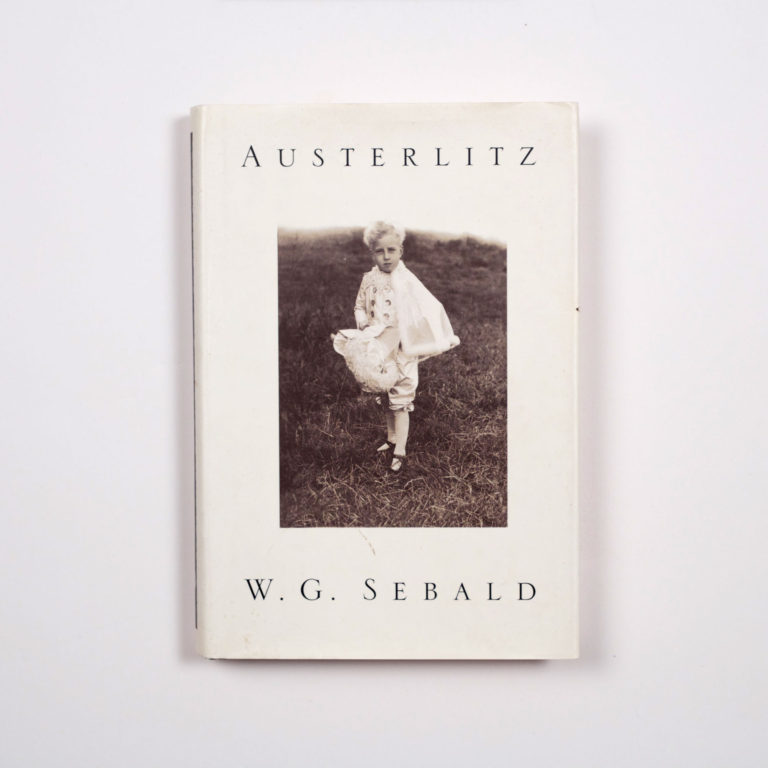
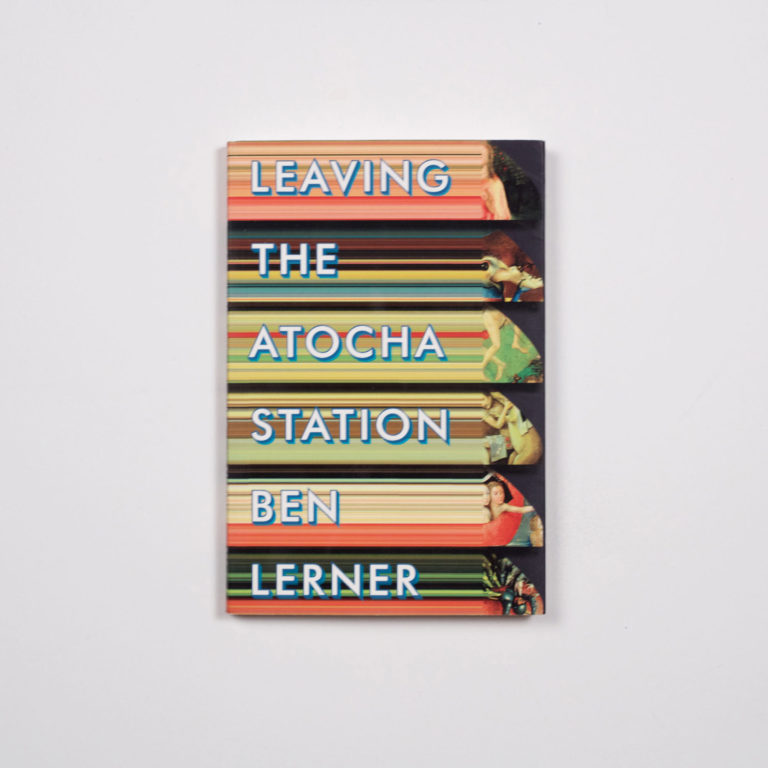
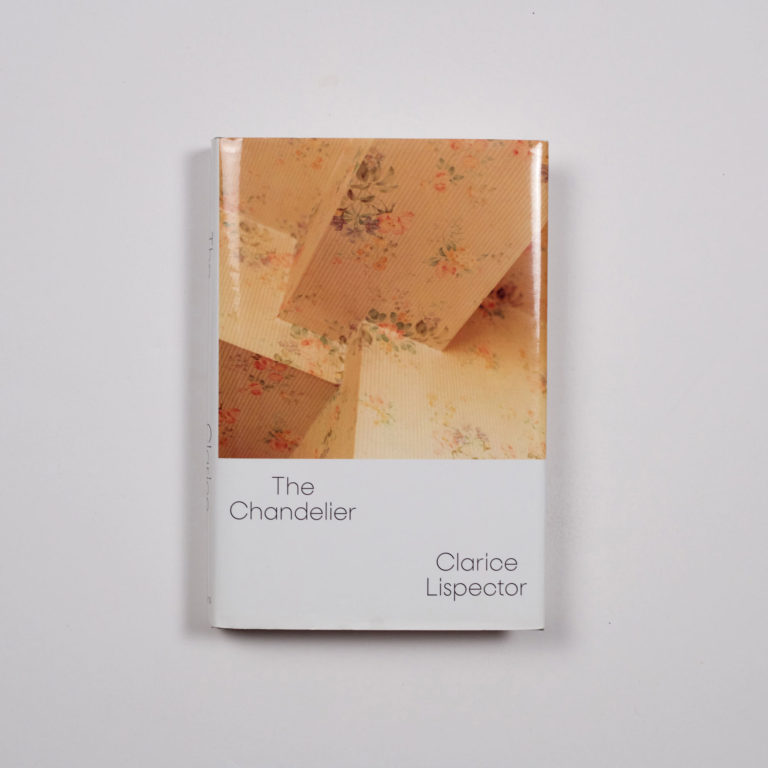
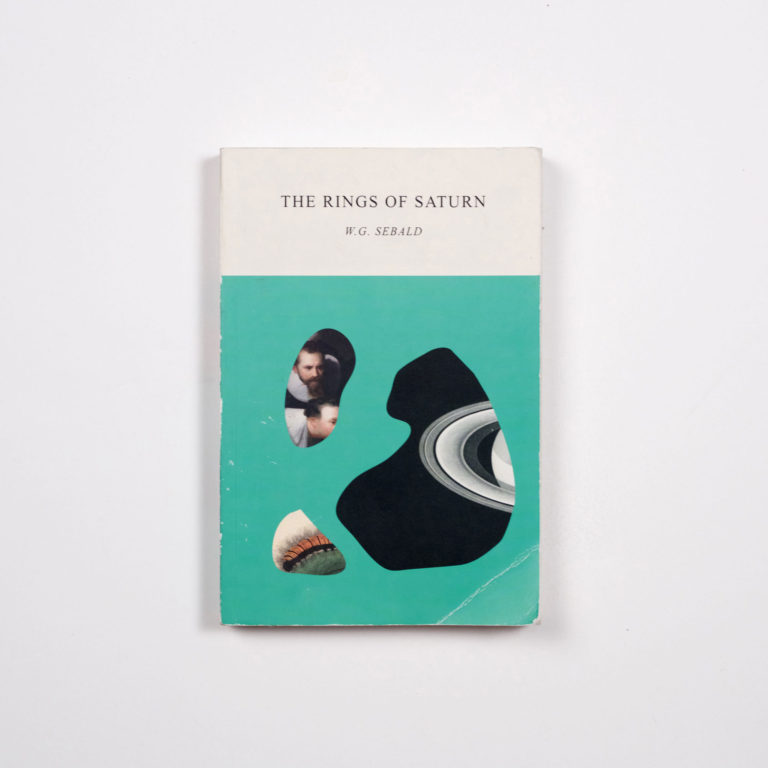
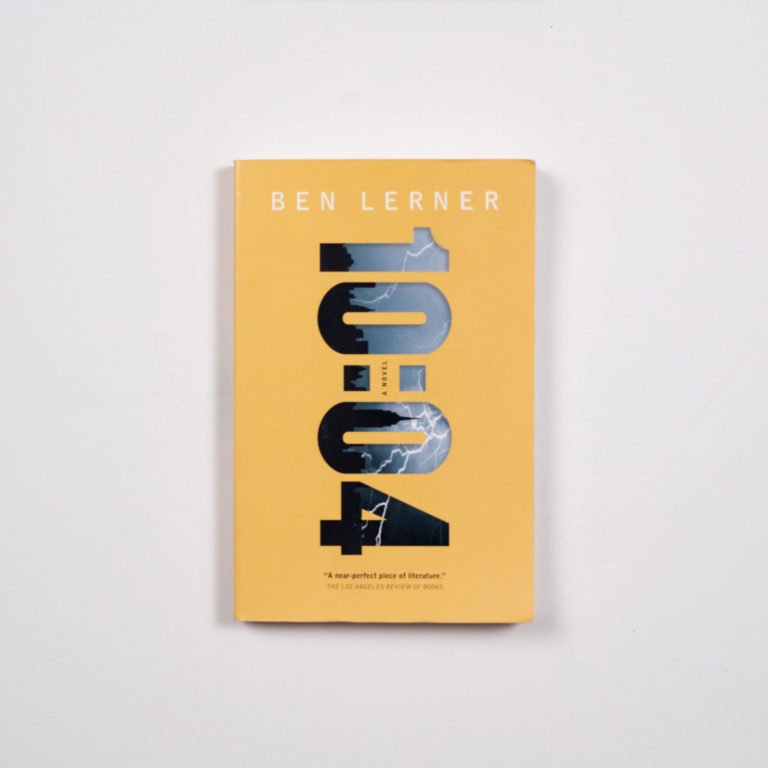
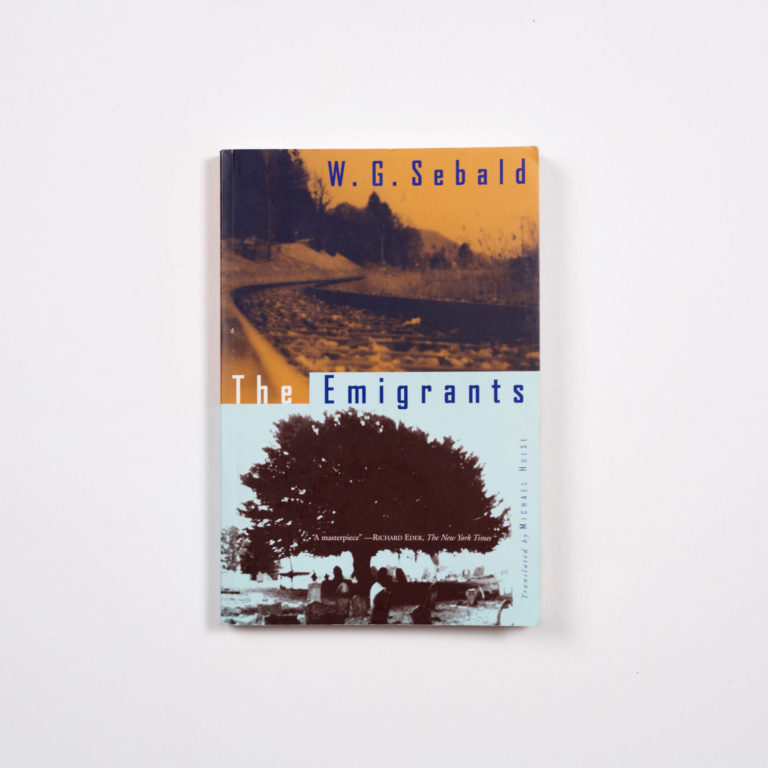
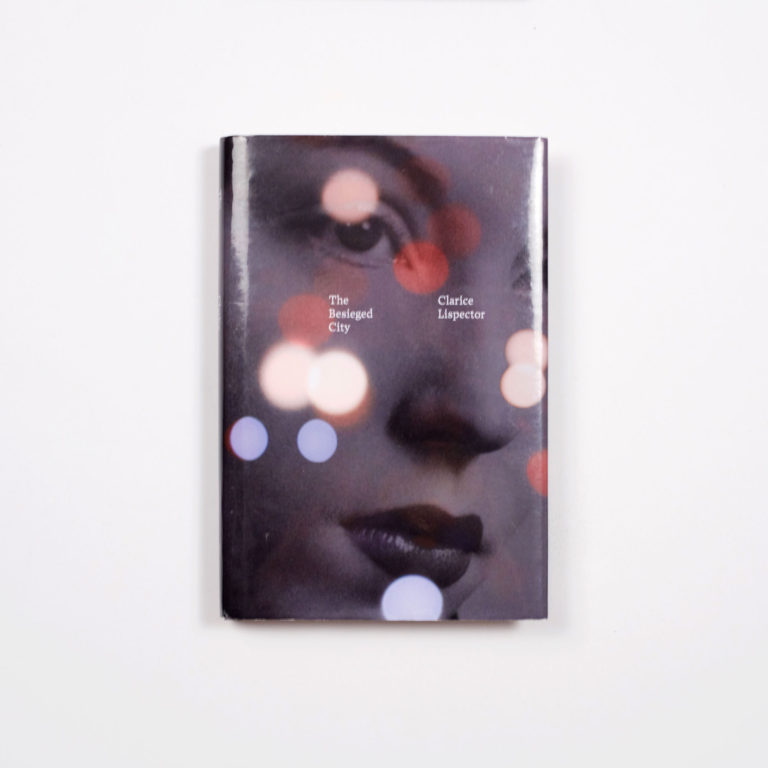
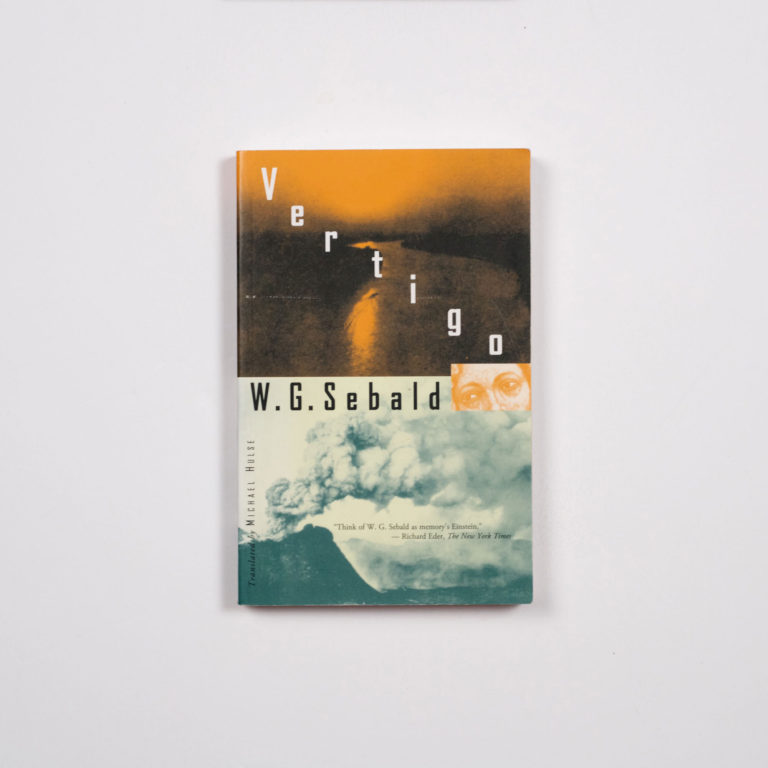
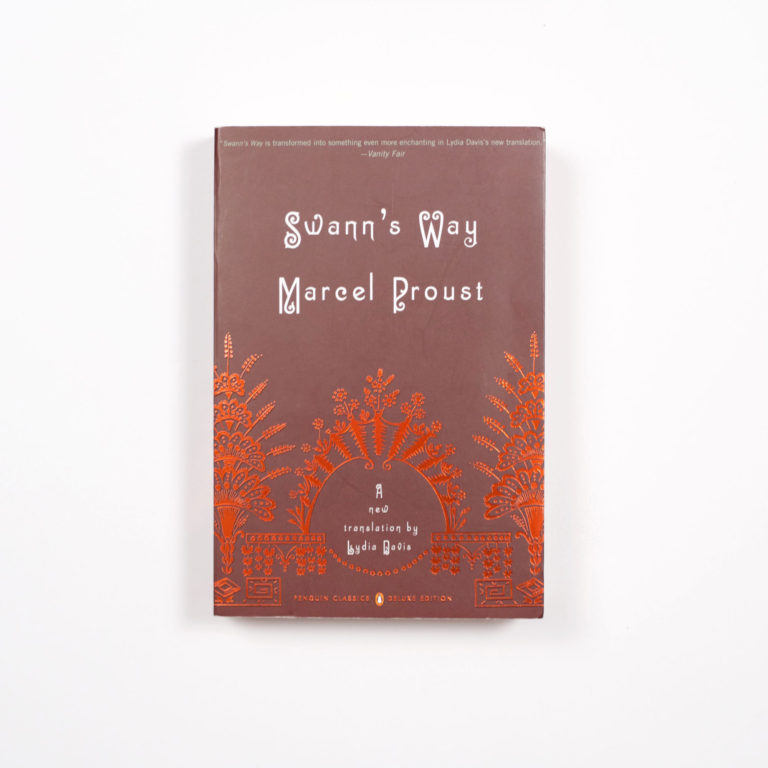
Novels
Shown above are fiction books I’ve recently made it through, that I’m still reading or that I’m re-reading. Re-reading is a new thing for me and I’m loving it. Also a new twist is that I typically now have 4 or 5 books on the go. Maybe not the best plan, but I’m just glad I’m reading. These books are all on my all time favourites list now.
I came upon WG Sebald on my own. He’s the only author on this list that I make that claim for. It was an indirect discovery. Somehow I found the film “Patience (After Sebald)” on a streaming service and fell in love. Directed by Grant Gee. It was based on Sebald’s “The Rings of Saturn”. I thought about that movie, then borrowed “Austerlitz” from a friend in the publishing industry… and never returned it. I’ve also never stopped reading that book. I gave into my OCD and bought, “The Rings of Saturn”, “Vertigo” and “The Emigrants” and I’ve never stopped reading those. In a very lame nutshell, these are all about memory and loss. They’ve consistently given me something to think about and continue to help me work out new thinking adventures including my latest self-published art book dream that is currently called “Misremember”.
Ben Lerner was introduced to me at an event held by Canadian Art in June of last year. Once again, Jill was involved. I tagged along and found his talk engaging, challenging, and very interesting. I learned new words, I thought things he said related to my art practice and I still think he’d be an interesting dinner guest or someone to drink beers with. My favourite new word became Ekphrasis, and I’ve though about that a lot for the past year. The other great word was enjambment. I even came up with an elaborate performance piece based on the talk and the room where it happened. These two novels were in a section called Plotless Fiction in Type, although I bought “10:04” at the event. I found both “10:04” and “Leaving Atocha Station” very interesting, a little disturbing, disquieting, voyeuristic and weirdly insightful. They were also very funny at times. I’m looking forward to “The Topeka School” when it comes out in October. More memory.
English was not Clarice Lispector’s first language. All her books were originally written in Portuguese then translated into English. I read about “The Chandelier” in the New York Times, and picked it up at Type on Queen. It was translated by Benjamin Moser. I can’t imagine translating anything, let alone this novel. The structure of the sentences and the nuance of what Lispector is saying is so individual, so detailed and personal, that translating this seems an impossible task. I have no idea how accurate it is because I can’t translate, but it feels so genuine, it seems so personal and so distinct. I loved it. This was the first Lispector book I read. It felt like I was inside someone’s head, and my own at the same time. After reading I grabbed “The Passion According to G.H.”, “Agua Viva”, “Near to the Wild Heart”, and “The Complete Stories”, I’m in the process of making my way through “The Besieged City” and will then try “The Hour of the Star” which is another Benjamin Moser translation.
We’ve had a copy of the Penguin, Terence Kilmartin translation of Swann’s Way (Remembrance of Things Past: I) on our bookshelves for years. I’ve thought I should read this for longer. It seems somehow more pertinent to me because of all the anecdotal things I read about it. Mostly the plotless, descriptive nature. I tried and failed a few times. I was given this lovely new translation of Swann’s Way by Lydia Davis and I’ve made it in 200 pages and plan to continue after a break. I like it, but it’s a strangely privileged world that’s described and at this point in time I find that a bit irritating. It is wonderfully written and it does feel like a good fit my temperament, and by extension the art I try to make when I have the energy. The great thing is that I can read the entire book until I die. This is the first of 7 volumes and it clocks in at over 400 pages. 5 of them have been newly translated and by the time you finish all 5 I’m sure volumes 6 and 7 will be completed.
All of these have something to do with memory, but doesn’t everything?
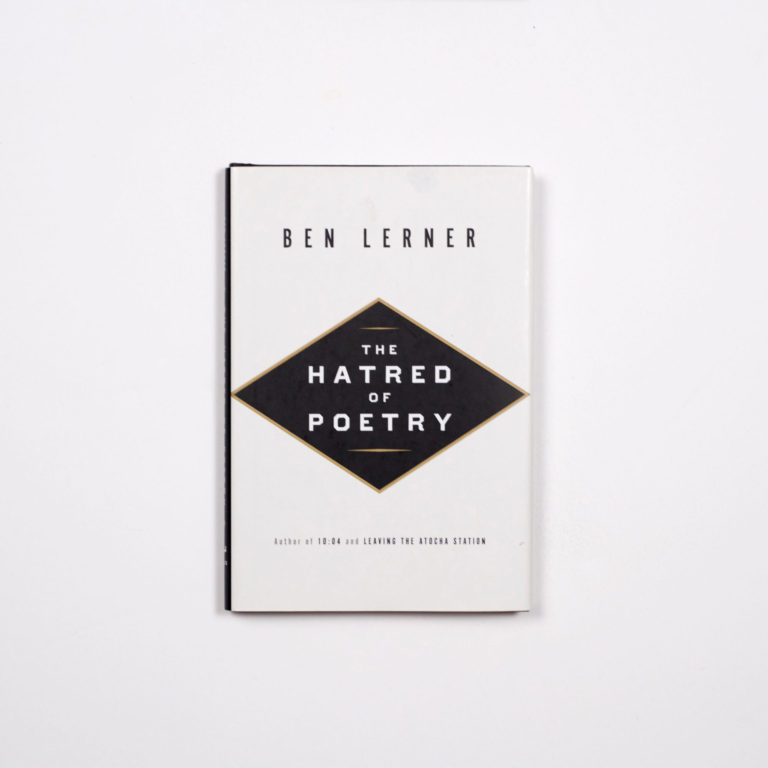
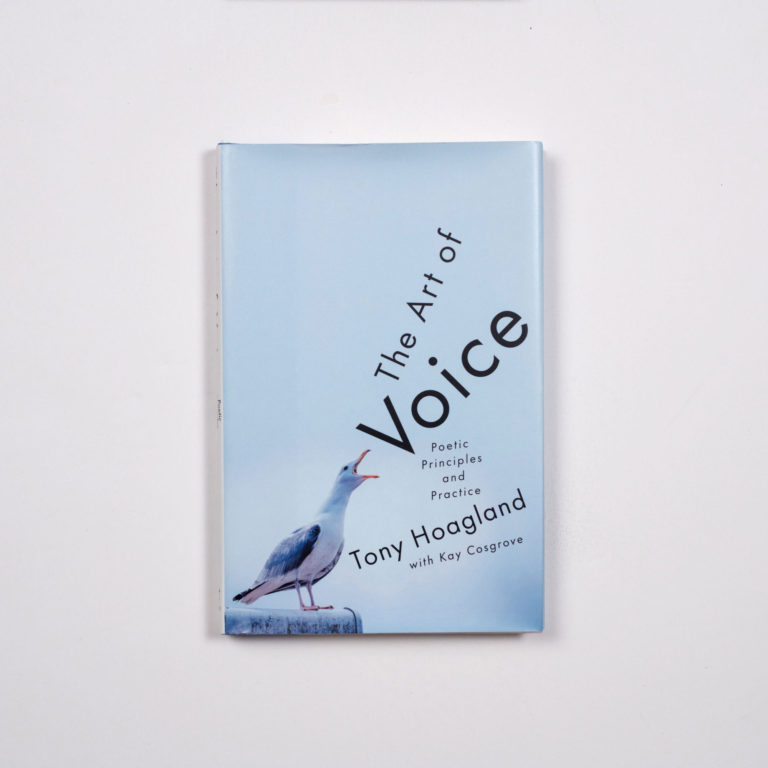
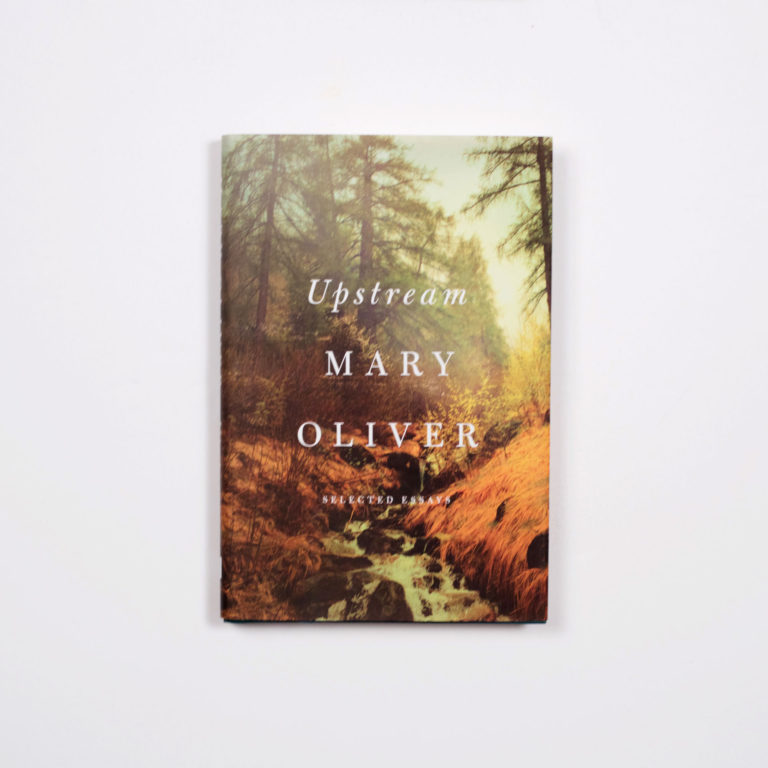
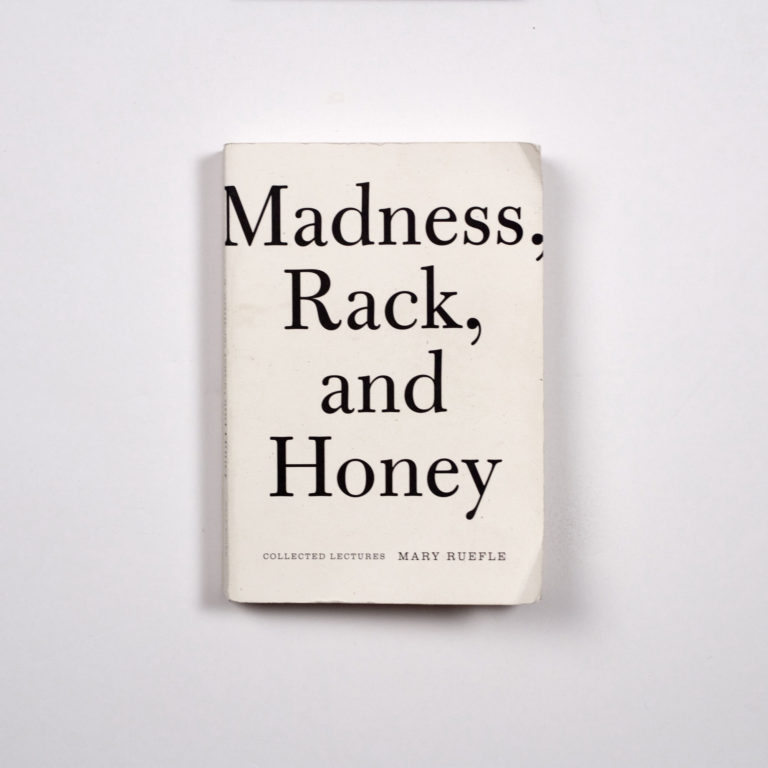
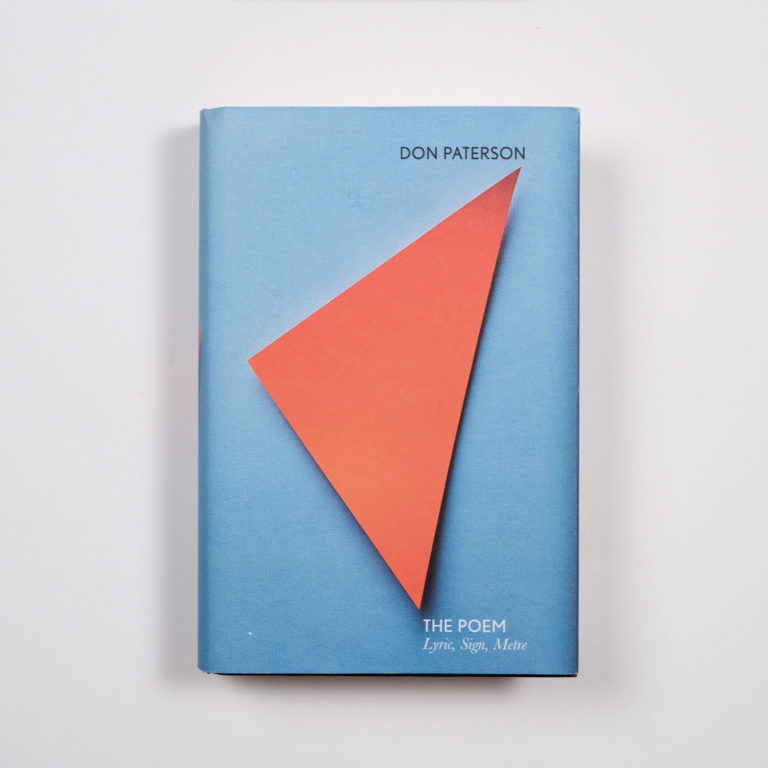
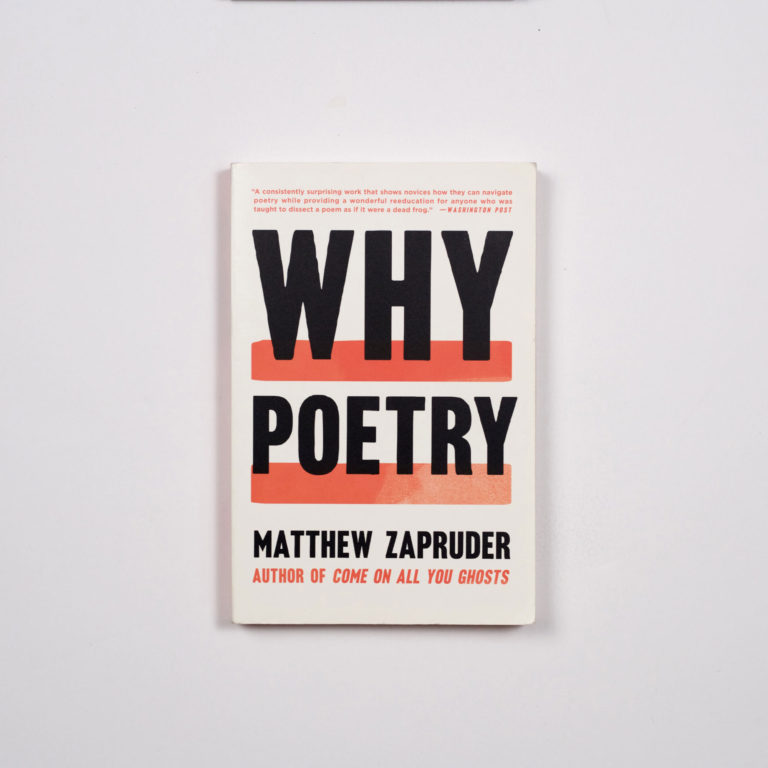
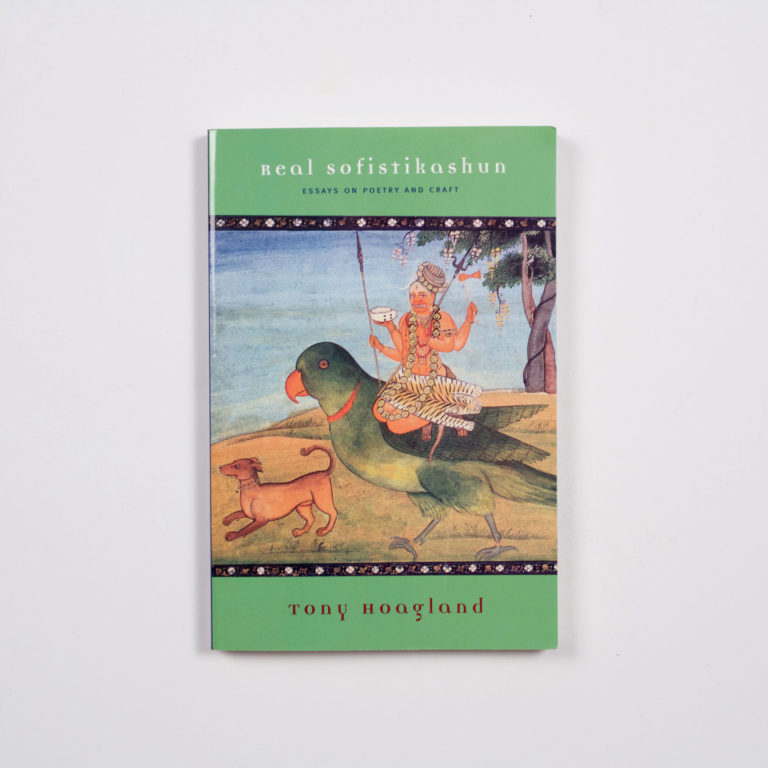
Books About Poetry
Poetry isn’t completely new to me, but this is my first concentrated effort to get beyond a weak and somewhat confused understanding. I don’t find contemporary poetry straightforward. I thought an approach of reading about “what it is” would be a good one and I’m really enjoying it. I will have to re-read all of these to get a bit more out of them, they’re not difficult, they’re simply filled with ideas. I would recommend all of these, and all of them were recommended to me by Actual poets : )
Ben Learner’s “The Hatred of Poetry” is conversational, witty, and smart. Like most books about poetry this slim volume contains references and examples. It’s an overview of why poetry is doomed to failure and how that failure is linked to the essence of poetry itself. Lerner is a thinker, poet and novelists and this book is filled with wonderful language. This is not a negation of poetry but a celebration of its impossibility. Very entertaining.
Tony Hoagland died in 2018, but left us with 6 or 7 collections, a bunch of chapbooks and three books of essays. He also taught at the University of Houston and the Warren Wilson College MFA program. I’m making my way through “Real Sofistikashun: Essays on Poetry and Craft” and re-reading “The Art of the Voice“.
“Upstream” is the odd book in this mix. It’s not specifically about poetry, although it’s written by one of America’s best loved and best selling poets, Mary Oliver. Notable for her dogged pursuit of the natural world in fifty years of poetry writing. She produced wondrous straightforward, spiritual work. I’m making my way through “New and Selected Poems” now and love it. For an urban dweller with infrequent ties to deep nature, it’s a welcome and refreshing anthology that finds beauty in what many might consider the brutality of the natural world. “Upstream” is a series of essays that talk about process, creativity, her life and the importance of making time for things.
One of my favourite books of this batch is “Madness, Rack, and Honey” by Mary Ruefle. I just can’t get enough of this one. I’ve started to re-read it. It’s so conversational and has the feel of someone who’s at odds with the formal structure of institutional learning, despite it being a collection of essays or lectures. I really enjoy the one liners, single paragraphs and short pagers that feel like they were swept off the floor and sewn into this book. On the surface these appear whimsical and half-assed yet even the shortest of these somewhat casually written scribbles show someone who’s deeply committed to thinking and the joy that accompanies it. It’s like a very interesting sketchbook without any drawing.
For some reason I can’t recall the details of Matthew Zapruder’s “Why Poetry” This by no means is a comment on how good it is. I know his is an argument based on what we’ve and how we’ve been taught poetry is one of the biggest impediments to actually understanding and enjoying it. Perhaps it’s simply because I’m entering the first stages of dementia. Given this woeful remembering, I think it’s only fair that I give this book another a go soon and report here later fresh from the second time around. I remember enjoying it.
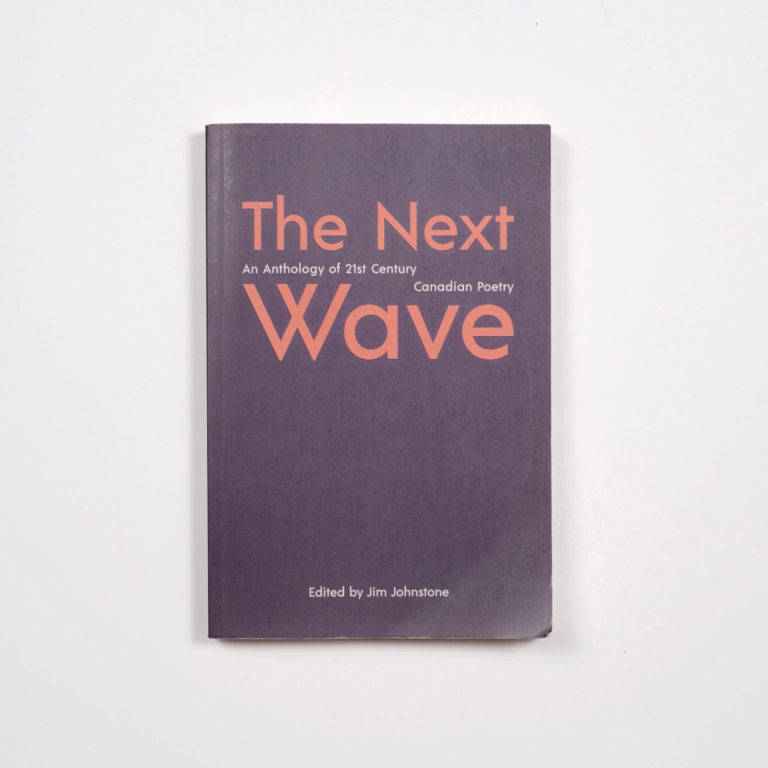
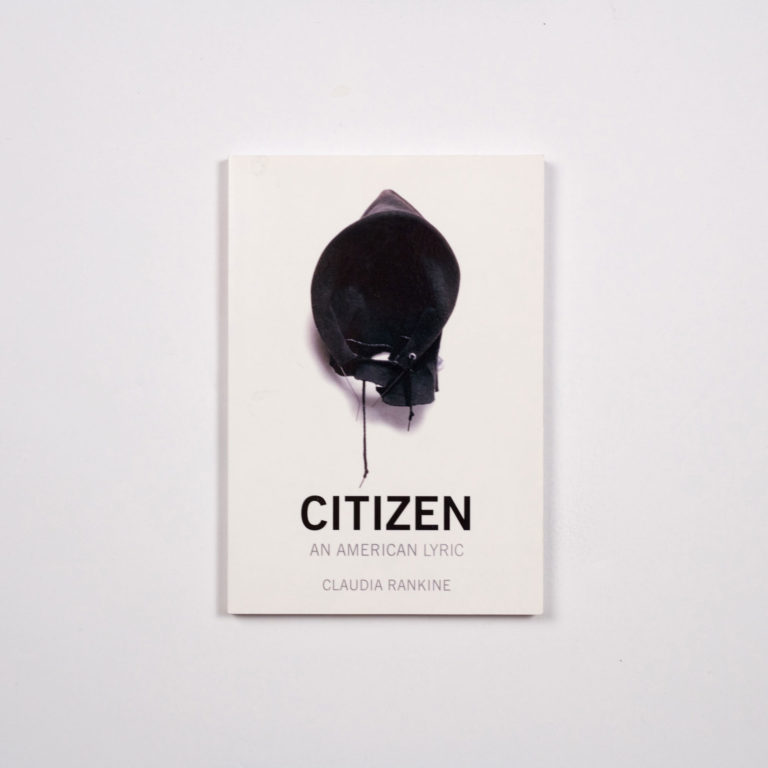
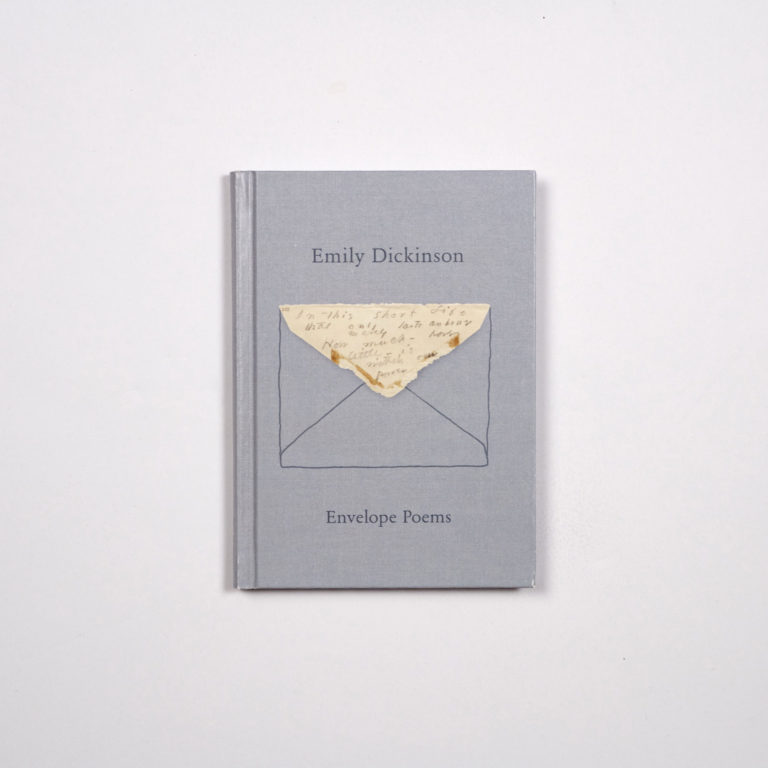
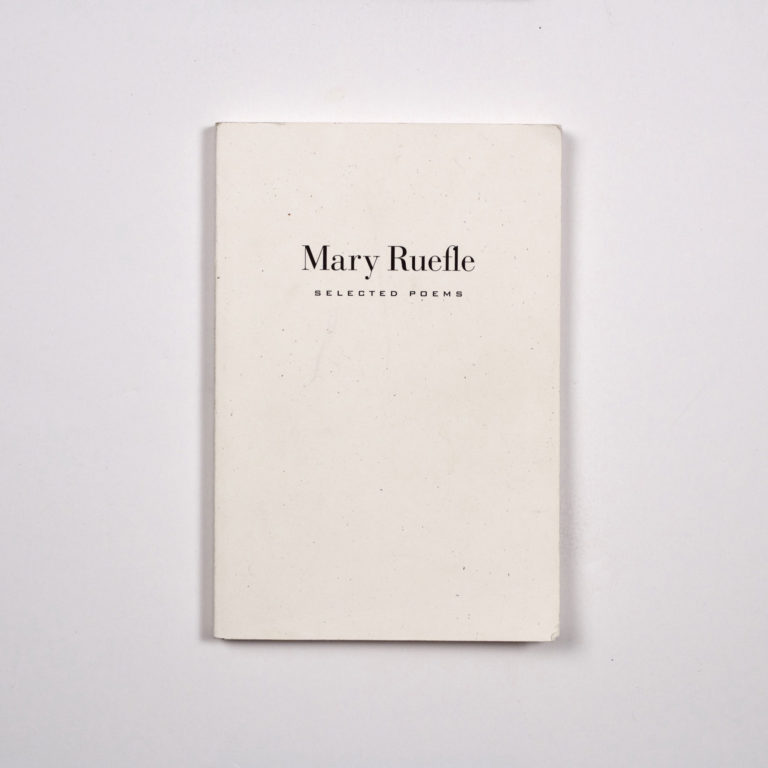
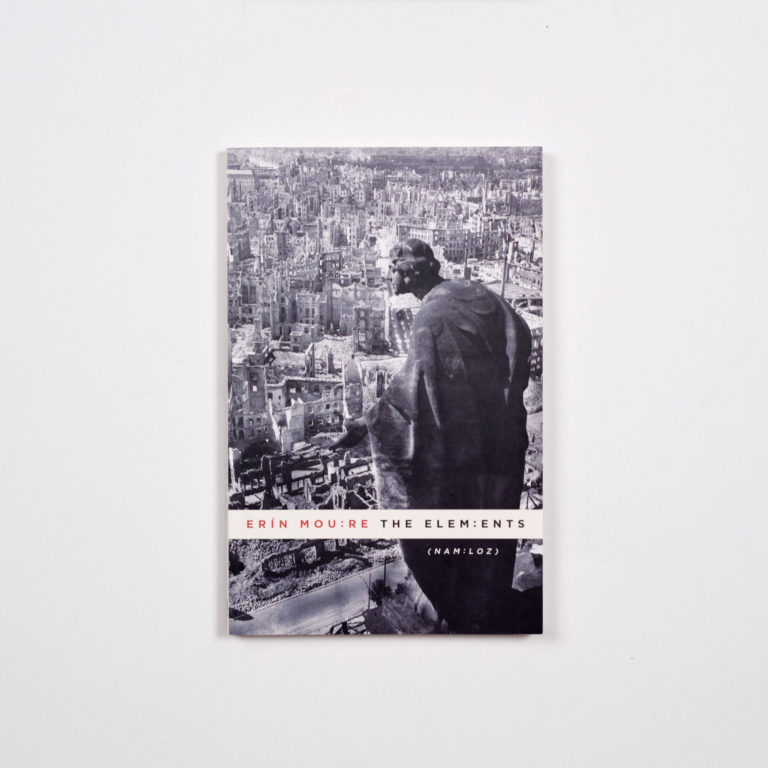
Poetry
Other than the one anthology shown above—all of these poetry books are by women. Oddly enough that wasn’t a conscious decision but I’m happy about it. There are two more anthologies I have not shown in the pictures, I’ve also begun to read both Mary Oliver’s “New and Selected Poems” and Ariana Reines “A Sand Book”.
One thing of note is the amazing variety of voices in “The Next Wave”. It’s clearly a compilation that was very well planned and executed and contains several pieces from each of the mid-career Canadian poets included.
I still plan to read men who write poetry. I’ll most likely start with Tony Hoagland, Ben Lerner, and Matthew Zapruder seeing as I enjoyed their books about poetry. I began with books about poetry and it only makes sense that because i loved all of these, that I should read each of the author’s poetry books. I’ve started this process with the Mary Ruefle anthology “Selected Poems” and I’m not disappointed I did.
I don’t think I’ll comment or critique these books here. I don’t know enough about poetry to have an opinion. One thing I will say is that I might be more of a Romantic than I ever thought. The Mary Oliver poems speak to me immediately and I’m still easily confused by a lot of the other work. The Claudia Rankine “Citizen: An American Lyric” is amazing. I get her work and it strikes to the core–which seems right on target–seeing as I’m a white, middle class, male in Canada.
I’m still struggling with quite a few of these works. Perhaps I need at least 1000 hours of poetry reading before I can hope to get there? This will be a goal over the next 20 years. It’s a commitment I’m only happy t make. A slow road that I look forward to getting lost on.